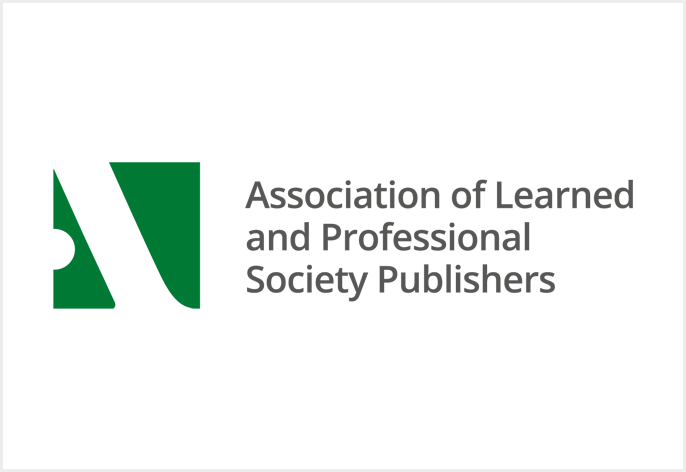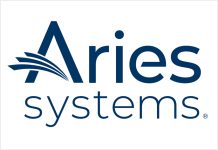
The ALPSP Copyright Committee has sent the following response to the UKRI Chief Executive.
Dear Professor Dame Ottoline Leyser,
As an international trade association, ALPSP supports and represents not-for-profit organizations that publish scholarly and professional content, as well as those that work with them. ALPSP members are very supportive of open access and have already taken and continue to take significant steps to ensure that as much content as possible is published on an open access basis.
The ALPSP Copyright Committee is concerned that the announcement of the UKRI’s new open access policy will have a negative impact on progress made to date. Limiting the opportunity for funded articles to publish in hybrid journals does not benefit learned society authors as it restricts their choice on where to publish. Whilst many ALPSP members are investigating whether a transformative/transitional agreement may be a viable option, many learned societies have found that the complexities involved in setting up and maintaining these agreements can be extremely difficult, particularly for smaller societies who may only publish a few journals. This may inadvertently put these smaller publishers at a distinct disadvantage and result in their journals no longer being selected by UKRI funded authors.
Additionally, making hybrid journals fully gold open access may not be possible in the near future if there is insufficient gold open access content to include in these journals. This could well lead to major economic difficulties for many learned and professional societies. Finally, requiring the publication of Accepted Manuscripts with no embargo and under a CC BY licence fails to recognise the significant investment learned societies will have made in getting to that version, including in terms of peer review and related value added publishing services. As an unintended consequence, this would dilute the Version of Record and slow the speed of transition towards open access, as publishers and societies would continue to recover their investment through subscriptions. Ultimately, without significant additional funding being added to the ecosystem in the short term to cover this, we are very concerned about the impact of this new policy on the UK publishing industry generally and on learned societies in particular.
Whilst members of the ALPSP Copyright Committee are disappointed with the content of the UKRI policy, we will continue to take all possible steps to support gold open access within the UK publishing industry and to support ALPSP members in how to achieve this, all in line with the commitment of ALPSP to assist smaller and independent publishers –https://www.alpsp.org/News/enabling-smaller-independent-publishers-to-participate-in-open-access-june-2021. We also look forward to actively participating in the ongoing work with Information Power and cOAlition S to set principles and standards for open access arrangements between libraries/consortia and smaller independent publishers. Our continued focus is and will remain on minimising any complexity introduced by the UKRI policy and reinforcing the need to assist smaller and learned society publishers who are navigating their way through this complex area of publishing. The ALPSP Copyright Committee welcomes any opportunity to engage with UKRI in how to implement the policy in such a way as to recognise the valuable contribution of learned societies to the UK publishing industry.
Wayne Sime
Chief Executive
The Association of Learned & Professional Society Publishers (ALPSP)


























